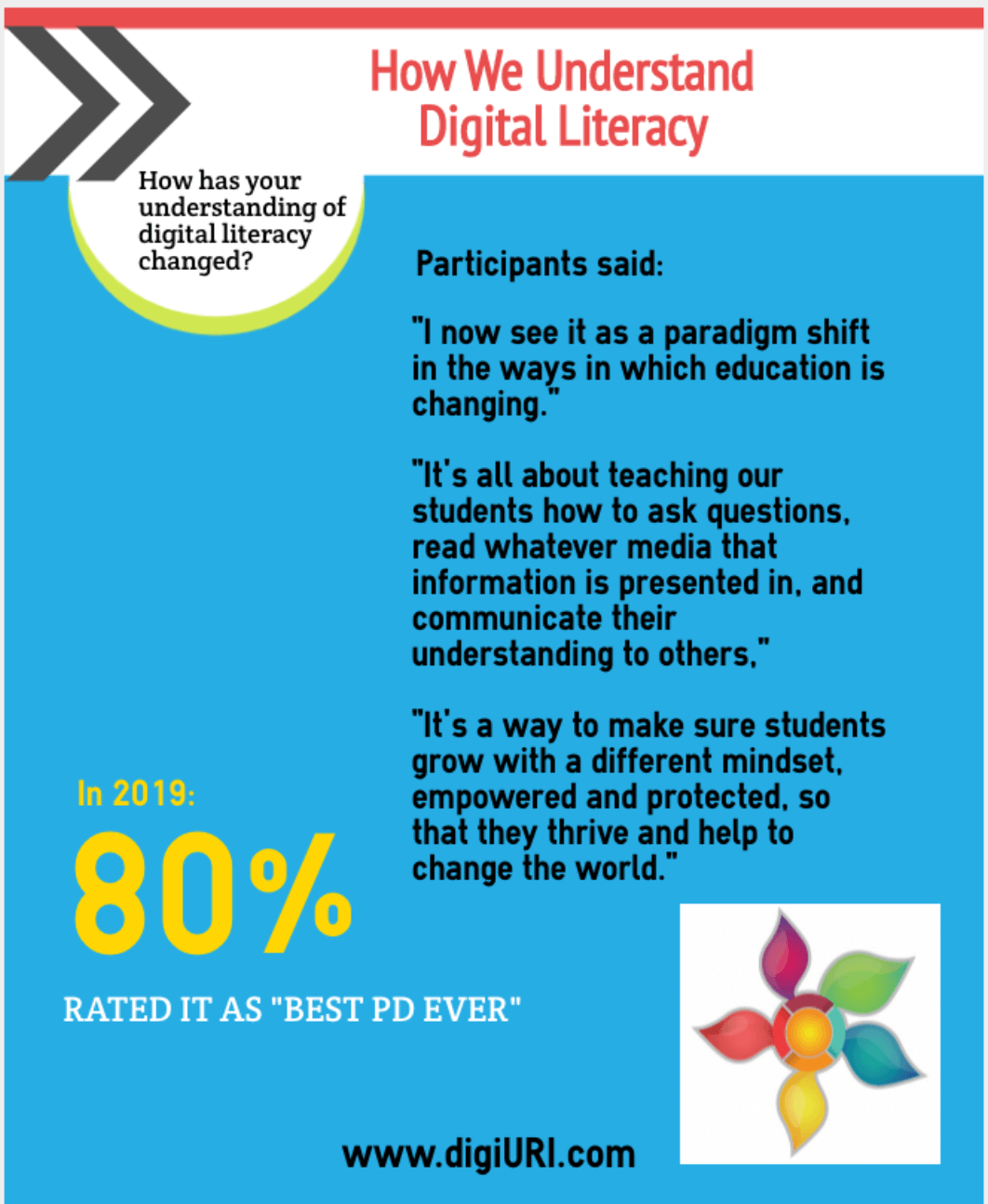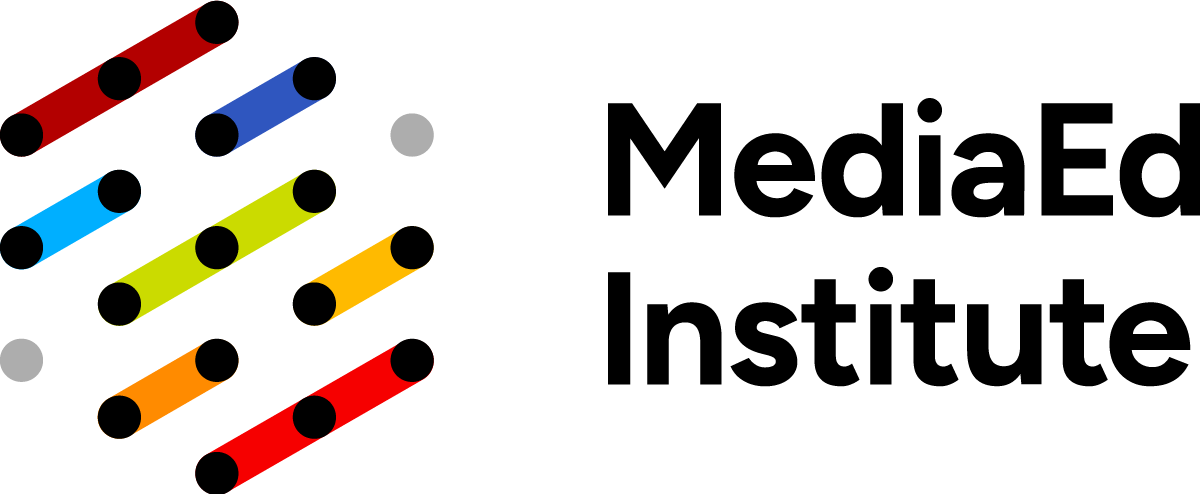- Home
- Impact
MediaEd Institute
Thirty years ago, Renee Hobbs launched the Harvard Institute on Media Education, which was the first national-level teacher education program on media literacy education. In 1998, she collaborated with Elizabeth Thoman to bring the Felton Media Literacy Scholars program to Boston. This leadership development program in media literacy included some distinguished graduates including Mary Hess, Stephanie Flores-Koulish, and Pam Steager.
In another new model for leadership development, Hobbs collaborated with the faculty of the Russell Byers Charter School and graduate students at Temple University to create Powerful Voices for Kids, a professional development and direct service program in media literacy for elementary school teachers.
Eleven years ago, with her colleague Julie Coiro, and her then PhD student, Yonty Friesem, Hobbs brought together a team of experts to lead the University of Rhode Island’s Summer Institute in Digital Literacy. Learn more about the history of the program. During the pandemic, this program expanded its reach as a global program by going online.
In 2023, Hobbs created Courageous Rhode Island Professional Development Program, a fully online program for middle-school, high school, and college faculty where participants explore how to use media literacy and active listening to reduce the fear and hate that leads to violence.
Now, the Media Education Institute is building on this rich history of success by launching MediaEd Institute, a fully-online professional development program, one that welcomes both established and emerging leaders in media literacy from around the world. This program brings together faculty with expertise in a wide range of academic disciplines and professional experiences, both in K-12 and higher education.
A Track Record of Success
Over 12 years, more than 80% of Summer Institute in Digital Literacy participants rate it as the "best ever" when asked to compare the program to other forms of professional development they have experienced in their careers. Read what others have said about how our programs promote intellectual curiosity, skill development, knowledge and expertise, and leadership:
- Learn about the impact of the Summer Institute in Digital Literacy on the rise of digital literacy and media education in Brazil
- A review (in Portuguese) from Educamedia's Mariana Ochs
- Learn about how Dr. Wesley Fryer experienced the Summer Institute in Digital Literacy, where "Everyone learns from everyone."

